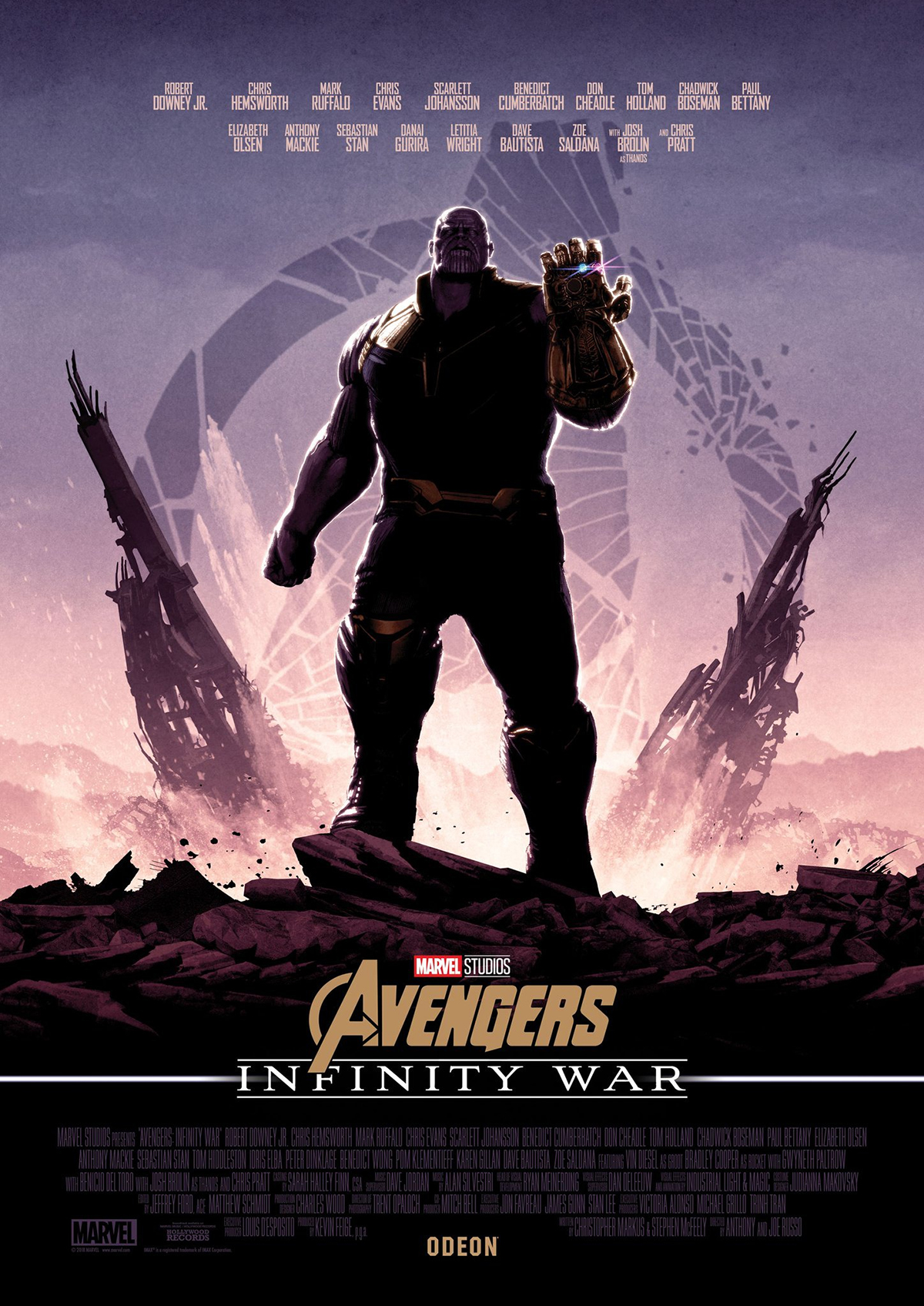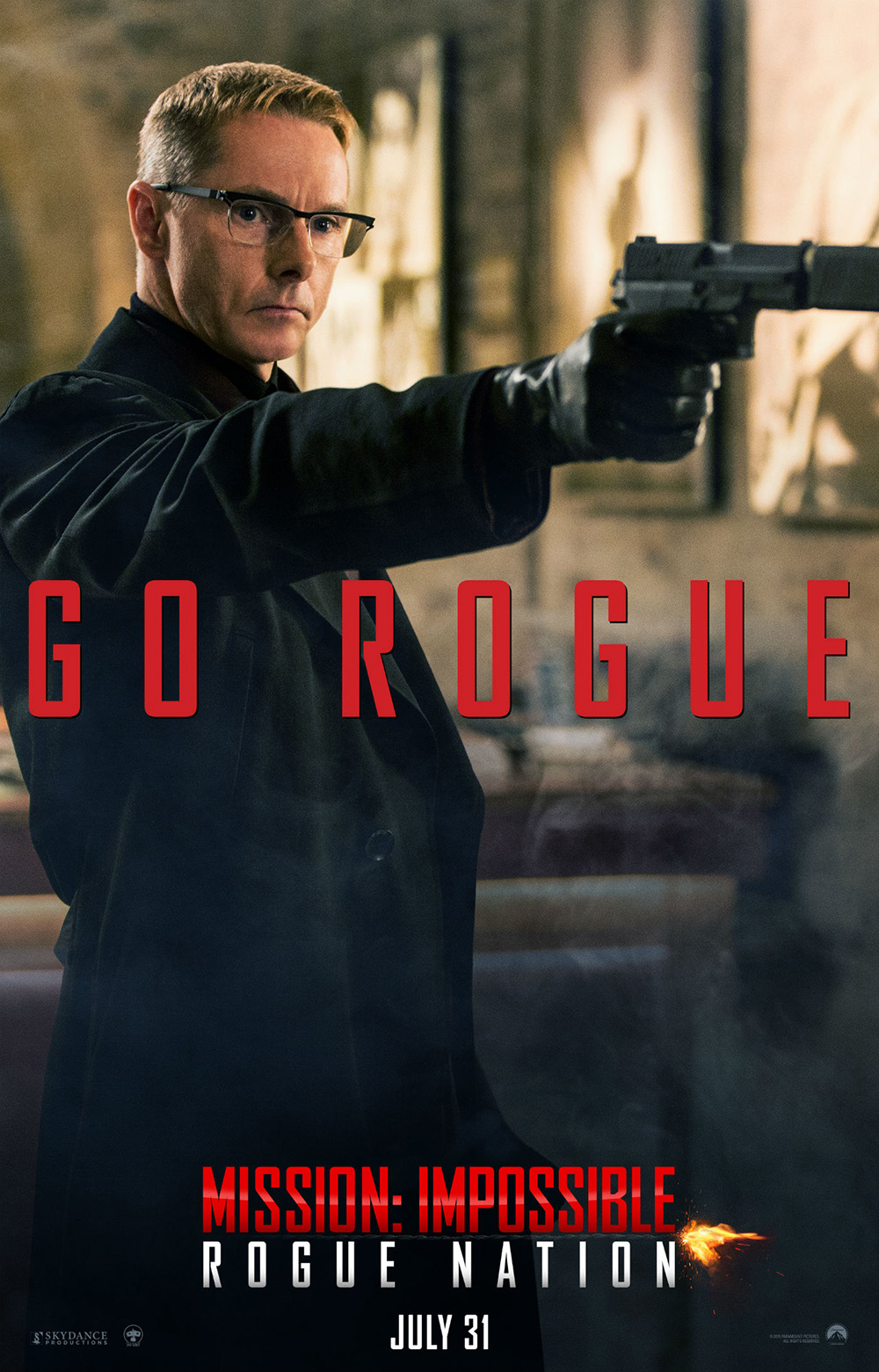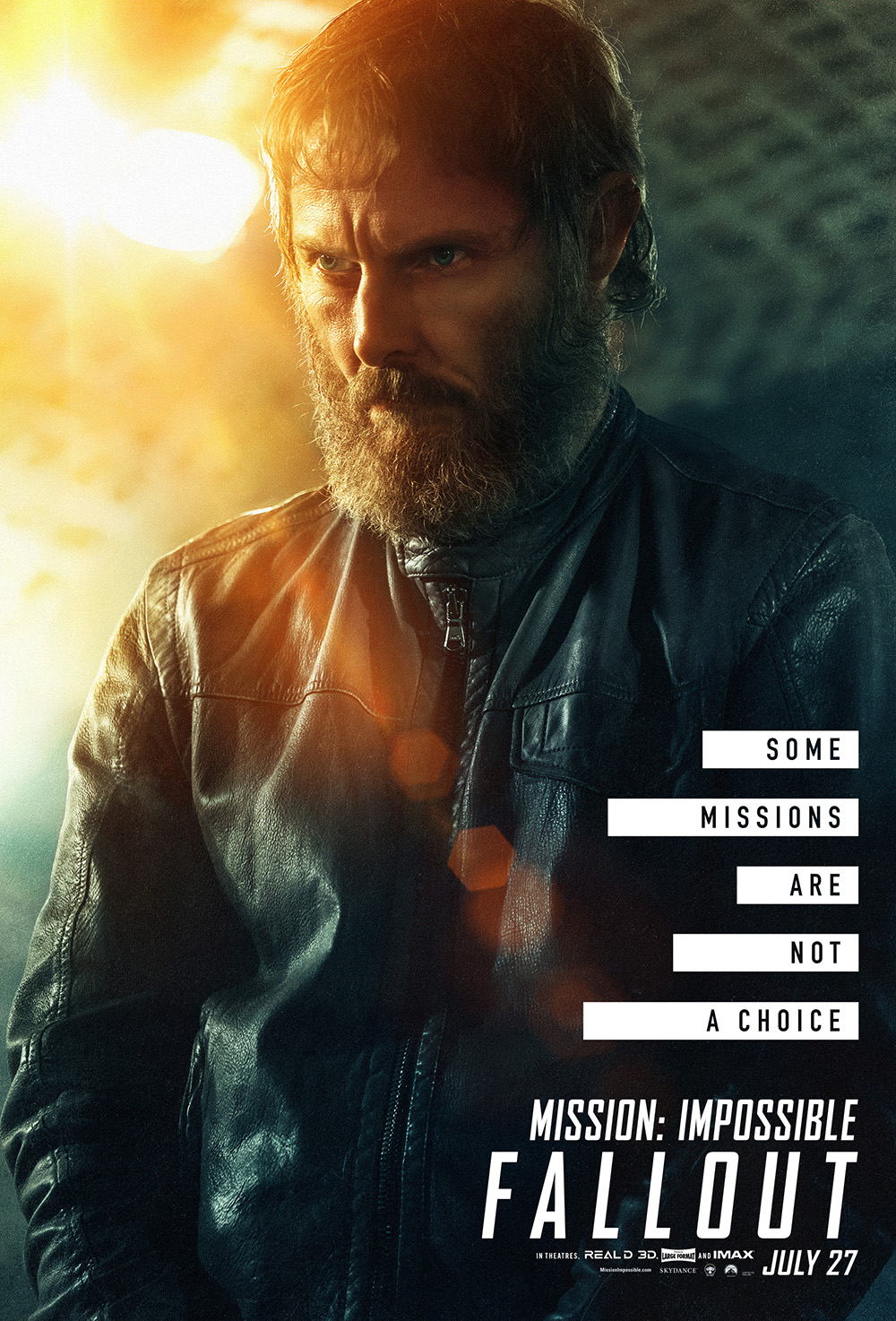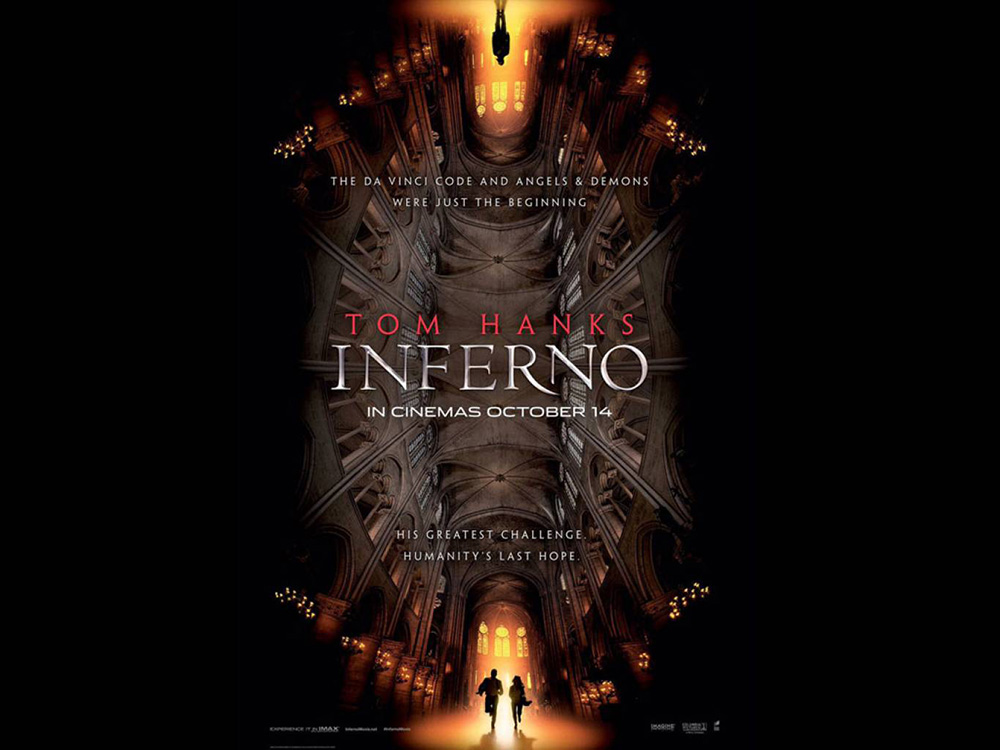Recognize all the names in the title?
If you do, that's amazing. It means I'm not alone in the universe, for one, and two, it means you spend at least some time watching major motion picture action thrillers.
I'm also hoping it means you pay attention to and possibly ponder on these things: the moral dilemmas each of these antagonists present, and the takeaways we're supposed to end up with.
Yes, with all of the real world problems 2020 has brought and continues to roll out, I'm going to dive into the fictional world problems I think these characters were meant to bring to movie goers in the not-too-distant past, and draw parallels to what's actually happening now.
Care to join me?
Up To Speed
For everyone else who won't know who I'm talking about, a quick rundown.

Thanos, the Mad Titan, is a character from the Marvel Comics Universe, who became the main, overarching villain of the Marvel Cinematic Universe. He believes half of all life everywhere needs to be destroyed in order to regain balance and avoid ultimate destruction, like what happened on his own homeworld, Titan.
While he has been going from planet to planet, slaughtering half of all life there, his ultimate goal is to find and then utilize all six Infinity Stones, which together, would give him the power of a god, so that all he has to do to wipe out countless trillions is snap his fingers.

Solomon Lane is a former British Intelligence officer from the Mission Impossible movie franchise who heads a secret organization known as The Syndicate. His main premise is that world governments and the people who run them are all corrupt, and that they all need to be brought to a reckoning. But recognizing that people aren't willing to make the change without first being compelled, in order to push them to it, he and his operatives cause "accidents" involving prominent people, including heads of state, which often also result in the deaths of many, many others.

In the last Mission Impossible film, Fallout, Lane intends to set off two nuclear bombs in the Kashmir Mountains to irradiate or contaminate the drinking water of countries such as India and Pakistan, what amounts to about a third of the world's population. He believes through doing so, he will bring about "a great suffering" which will then lead to necessary reform.
Bertrand Zobrist a scientist of genetics who, you guessed it, believes the world is on the brink of self-annihilation if nothing is done about it, produces a virus that if released is believed to have the potential to kill hundreds of millions.

Unlike his counterparts here, Zobrist isn't actually around to see his plan through, after he jumps out of a bell tower in the opening moments of the movie and dies from the fall. By then, his plan is already set in motion and thought to be unstoppable. Zobrist was created by Dan Brown, the author behind the Robert Langdon series of books, which includes Angels and Demons and The DaVinci Code.
Zobrist shows up in the Dan Brown book called Inferno and the movie with the same title.
Themes: Overpopulation, Worldwide Corruption, Finite Resources, Imminent Global Extinction, The Will to Act, The Ends Justify The Means
These themes, running throughout the films and the literature that may have spawned them, aren't just plot devices plucked from thin air. They all have real world roots.
Sometimes they take on different forms. The idea of overpopulation ultimately leading to extinction has been around since at least the early 1800s. Today, I don't think the term is used directly as much as it has led to other concepts, such as manmade climate change or the need for redistribution of wealth, which ties in with the idea of finite resources.
Either way, there's only so much to go around, and if left unchecked, or not somehow planned for, humanity will eventually die of starvation, if it doesn't wipe itself out first over the remaining scraps.
I think it goes without saying that corruption has been on the forefront during this past political season, and even before that, during the previous U.S. presidential election cycle, as well. However, you can basically point to anywhere in the world and there will be groups calling for the ouster of this official or that, or reforming laws for one thing or another.
Within this movement will be those who believe that nothing really changes, that one party or individual leader is just as corrupt or beholden to the puppet masters as another, so no real change can happen within the way the system works, for it, in and of itself, has been corrupted.
The question becomes what to do about it. Well, in the cases of Thanos, Lane and Zobrist, it comes down to the ends justifying the means (because the alternative is too horrific to contemplate) and the will to act. The fact that their solutions are also horrific, just "half as much" is a moral issue they're all willing to overlook for the greater good.
It's Not That They're Wrong About The Outcomes
Characters like these, Thanos and Zobrist in particular, can seem quite sympathetic. Unlike Thanos in the comics, MCU Thanos doesn't come off sounding mad at all. His idea on how to handle it is extreme, but given what happened to Titan, and what's happening in other parts of the universe, it's not like there aren't ample examples all around of what will happen if something isn't done.
He sounds well reasoned. His words and tone, for the most part, are measured. In fact, his monologuing throughout the final two Avengers movies, Infinity War and Endgame, is soothing, almost like bedtime stories, meant to assuage fears and doubts while giving him and his words the gravitas of an unassailable expert on the subject.
In fact, to not act, would be far crueler and much more devastating than what he proposes. In effect, he is not the Destroyer of Worlds, but the universe's savior.
Never mind that upwards of 3.9 billion people, in the case of just Earth, end up paying the ultimate sacrifice.
It's the genocide on the scale of biblical proportions that is and always should be the sticking point. The total disregard for the sanctity of life, even one. It is the idea that some should die so that others can live, even if it happens randomly or by chance. It is such an act set in motion by the one or the few.
The fact that one individual is making a decision for everyone else removes the notion of free will, an individual's ability to act according to their own conscience, from the equation. Such a decision for others is not one single person's right to make.
Real World Implications
You might be thinking—The Avengers, Mission Impossible and Inferno are still all imaginary tales, filled with their equally imaginary protagonists and antagonists, regardless of how much they try to mirror current events.
Very true, but that doesn't mean art isn't imitating life, or even the other way around. We've seen that firsthand, on a grand scale, front and center. No, it hasn't been one individual devising a plot to lay waste to half the planet so the other half can thrive. Does that make what is actually happening any less sinister?
I've posed this question before, but I will do it again. Where is the line? If it's okay to force people to do things in the name of the common good because of one thing, is it okay to do the same when something else is happening?
Ultimately, do we value safety and security over individual sovereignty and personal liberty when lives are at stake?
If the answer is no, who or what is going to stop the takeover from happening? What will that look like? How will it be different from what the fictional Lane hoped to accomplish? What or who will ensure it doesn't happen again? And are we willing to accept the consequences of such inaction when people are actually dying because we put freedom first?
If the answer is yes, why keep up the pretense of individual rights and freedoms? Why not just acknowledge we need to be ruled, controlled and protected from each other, and let it happen. Have we not been programmed to believe, after all, that the needs of the many always outweigh the needs of the few, or the one?
Aren't we all in this together?
No, Not Really
There are those who believe that there are two kinds of people: those who lead, and everyone else. The latter might as well be sheep or cattle for all the say they will have about their own lives and the opportunities afforded them. There is no togetherness in such a worldview.
Togetherness implies willingness to do something, without compulsion. Each individual making their own choice. There are no mandates in such a scenario. No requirements. There may be suggestions and best practices, but that's it. To each their own after that.
So, no, we aren't all in this together. Choices are being made for the many by the few. It's been going on like that for a very long time, just not so in your face as it is now.
And I'm afraid that unless something is done to stem the tide, or to change course, it's only going to get worse.
Sadly, too many of us act like the movie audience. Once the imaginary world of the film ends, we go back to our real lives and that's it until the next motion picture comes along. We don't spend a whole lot of time pondering any moral questions or dilemmas. We don't look beyond the spectacle.
And yet, there is a part of that imaginary world that resonates, lingers within us, unknowingly, making us restless, wistful, unsatisfied. That's because it isn't just art imitating life. There is a true connection there, a cautionary tale being communicated, a problem to be solved, a communal experience being shared.
Roll The Credits
The question, as always, is what to do with it? For me, and this exercise, it's to identify what the actual problem is. The problem isn't whether or not fictional antagonists like Thanos, Lane and Zobrist—or more to the point, their real life equivalents—are right in their apocalyptic predictions: they are. If nothing is done, this world and those living at the time will, eventually, end in ruin.
The problem is, how to balance safety and security with individual sovereignty and personal liberty so that the one end doesn't outweigh the other. The problem is overcoming our own tendencies to lord over anyone else who doesn't see the same solution as us, while still getting to the solution that works without all the death and destruction.
History isn't so filled with the former as it is with the latter. There are fewer actual Edens then there are dystopias. That doesn't mean the answers aren't out there. They are, and I think we all know that. Do we have the wisdom and the humility to get us there?
For that, we might have to wait for the sequel.
Believe me, there's much more to come.
Images sources—Thanos and Lane: joblo.com; Inferno: wallpaperaccess.com
And after the sequel we will have the prequel telling us all about with 20/20 clarity of insight how we arrived at where we are.
Gene Roddenberry may have gotten a lot right, but the needs of the many outweigh the needs of the few or the one, (paraphrased as I did not look up the exact quote), always and always will strike me as wrong think.
Hey, @bashadow.
After the fact, when there's not much anyone can do about it.
Yeah, I agree. Of course, most crew members on a Federation Starship seem like folks you might want to have their back because they would reciprocate. And in such a case, the needs of the one would probably be met, regardless, except in those extreme circumstances requiring the ultimate sacrifice. But that wouldn't come after years and years of sacrificing everything else, because that wouldn't be required.
So, it might have its place in such a world, but not here. Not now. Such a thing would lead back to communism, or some other form of totalitarianism disguised as best for the working class.